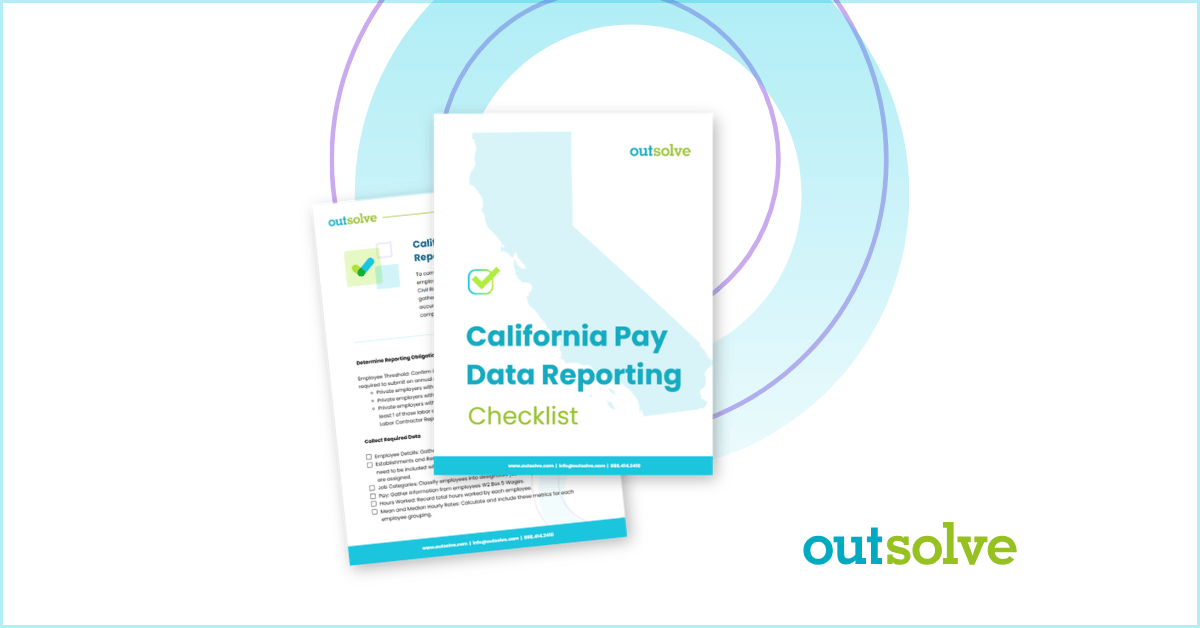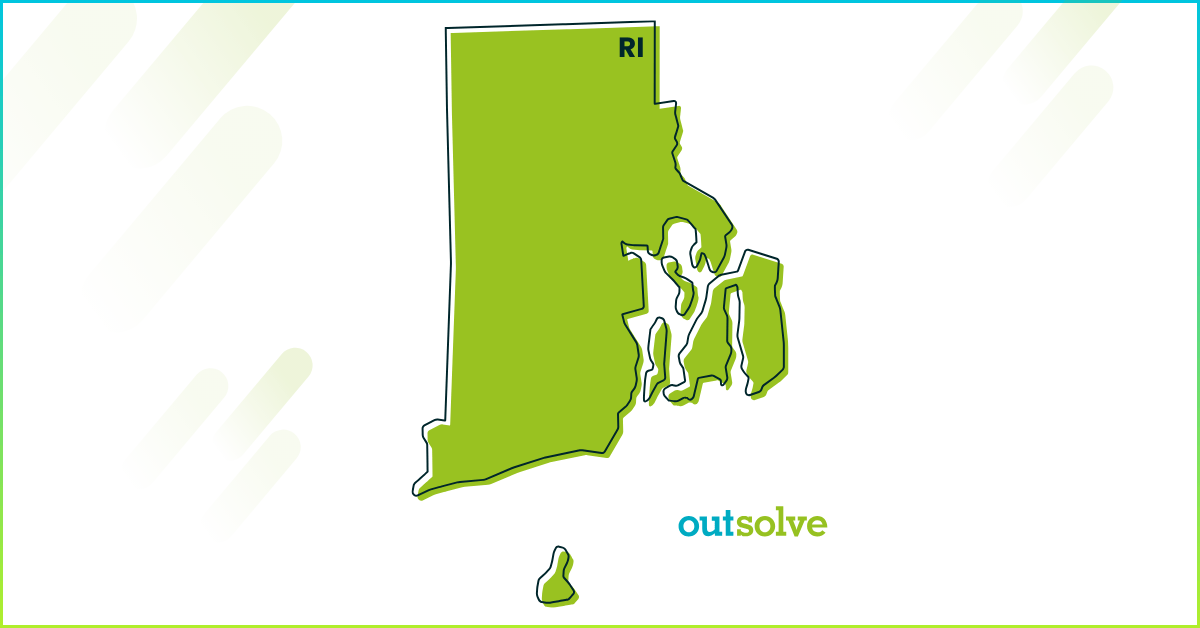The Americans with Disabilities Act (ADA) was signed on July 26, 1990. It was years in the making. The Rehabilitation Act was enacted in 1973 giving Federal employees protection from discrimination due to disability, but there was no private sector equivalent. That changed in 1990. The statute did not go into effect until 1992 to give private sector employees to prepare. Even then, the number of employees required for coverage was 25 at the onset and then was decreased until it finally reached its current threshold of 15 employees. In the beginning, the Equal Employment Opportunity Commission (EEOC) spent most of its investigative efforts trying to prove that someone was a qualified individual with a disability. EEOC very rarely reached the point of being able to discuss reasonable accommodation.
The purpose of the ADA was to enable qualified individuals with disabilities to enter the workforce. The act was not intended to give preferential treatment to individuals with disabilities but to give them equal opportunity. The ADA Amendments Act was passed in 2008 in order to give broader coverage under the act so that more disabled individuals might have these opportunities. Now, rather than spending time debating whether someone has coverage or not, EEOC is able to investigate whether employers have engaged in the interactive process to assist individuals with disabilities with reasonable accommodations. Regardless of these efforts, there are currently about 61 million individuals with disabilities who are unemployed and seeking employment.
Reasonable accommodation is required by the law for any known disability of an employee. Employers do not have to guess if an employee has a disability. Many disabilities are unseen. Employees are under obligation to request a reasonable accommodation if one is necessary. These requests may also come from a parent, job coach, vocational rehabilitation representative, a medical professional or any other interested party on behalf of the individual. There are no magic words for requesting a reasonable accommodation. Supervisors need to be trained to recognize requests for accommodation since the request frequently begins at their level.
Most accommodations are not expensive. Employers are required to provide a reasonable accommodation that is effective but is not necessarily the accommodation requested by the employee. Employers have two defenses to requests for reasonable accommodation. The first is undue hardship and the second if direct threat. Undue hardship may be alleged if the cost is prohibitive or if the requested accommodation would cause a major change in the company’s operation. The direct threat defense means that the employee may cause imminent harm to themselves or to others. This threat needs to be assessed based on current medical evidence and should not be based on stereotypes, assumptions or myths.
ADA assessments must be conducted on a case by case basis. Disabilities do not affect two people in the same way. Accommodation requests may change during the course of a person’s employment if their condition changes. And remember, an employee does not have to disclose any disability if they do not need an accommodation. If you need help with an accommodation for a specific disability, you may want to contact the Job Accommodation Network (JAN) at www.askjan.org. This is a free and confidential service.
EEOC has recently issued guidance on COVID-19 and the ADA. I urge you to take a few minutes to review both documents. The COVID information has been updated several times. There is also a recorded webinar that was conducted by EEOC on its website, www.eeoc.gov. Last week, EEOC issued technical assistance on handling cases involving codeine, oxycodone and other opioids.
So happy anniversary ADA! You have been through many changes and are still a work in progress. But, you have certainly assisted many qualified individuals with disabilities to enter into the workforce and contribute to businesses.
If you have any questions about the ADA, reach out to me at (502) 553-7648 or eeoadvantage@gmail.com. If you have suggestions for future blogs or specific issues you would like me to address, let me know. Until next month…
President at EEO Advantage, LLC
Weekly OutLook
Featured Posts

5 Key Compliance Items HR Can’t Afford to Ignore

HR Compliance Checklist: What Every HR Pro Needs to Know
Related Posts
.png)
Beat the Rush: Outsource Federal Reporting Requirements in Q1
The beginning of the year usually feels like a fresh start that brings new business initiatives, goals, and strategies. The work you do between...

California Pay Data Report Checklist for HR Professionals
With changes regarding California pay data reporting taking effect in 2026 and 2027, this is the checklist you need to stay confident that you've got...

What You Need to Know About the Rhode Island Pay Transparency Law
Pay transparency continues to gain traction at the state level, and Rhode Island is no exception. Let’s dive into the details of how this law works...
 Toni Ahl
Toni Ahl
-2.png)
